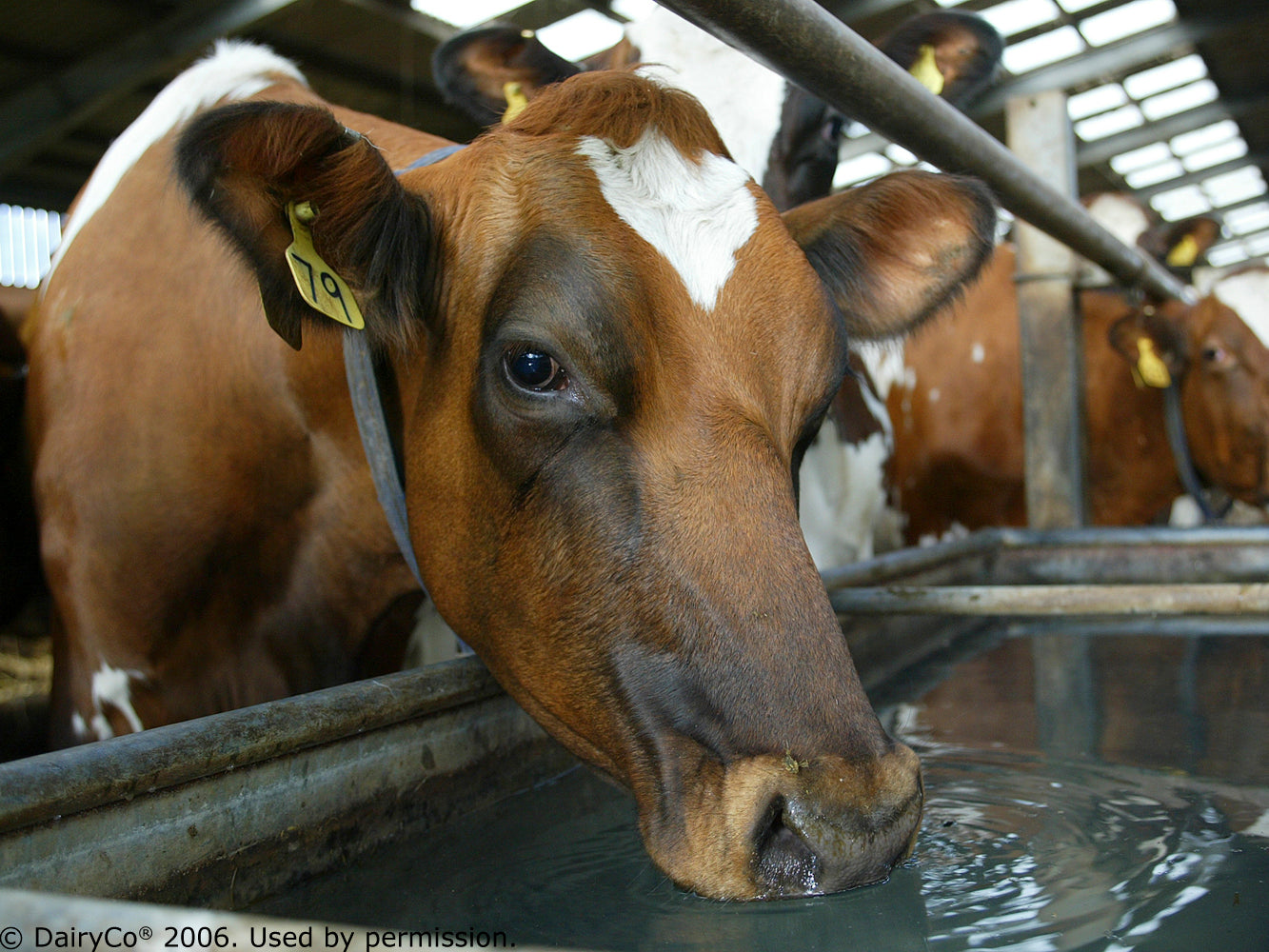Water is the most essential nutrient for all forms of life, and for dairy cows, it's no different. As the largest component of a cow's diet, water not only plays a crucial role in maintaining health and wellness but also directly influences milk production. Recent studies indicate that cows possess a far more sensitive sense of taste than previously thought, making them susceptible to fluctuations in water quality. Ignoring this fact can have profound implications on dairy yield, health management, and associated costs.
For a dairy cow to produce one liter of milk, it requires about four to five liters of water. Therefore, a cow's daily water intake directly impacts its milk yield. If cows detect poor quality water, they might limit their intake, leading to dehydration and decreased milk production. Moreover, water plays a vital role in other physiological processes, including digestion and temperature regulation, which are integral for optimal productivity.
Cows' sensitivity to water quality is tied to their surprisingly discerning taste buds. They can detect a wide array of contaminants, from excess minerals and nitrates to bacterial pollutants, and respond by reducing their water intake. This reduction not only decreases milk production but can also lead to more serious health problems.
Poor water quality often results in a higher incidence of disease, causing an increased need for vaccines and antibiotics. This not only adds to the operating cost but also risks creating antibiotic resistance among the herd, a significant issue in livestock management.
For instance, high sulfate levels can lead to polioencephalomalacia, a severe brain disease. High iron concentrations can lead to iron toxicity, contributing to liver damage and poor weight gain. Water contaminated with harmful bacteria such as E. coli and salmonella can cause serious gastrointestinal illnesses, leading to weight loss, decreased milk production, and even mortality.
Moreover, the use of poor-quality water in cleaning and sanitization processes can lead to the spread of mastitis, a costly disease affecting dairy herds worldwide.
In addition to the increased need for medication, there's also the concern of indirect costs. A sick cow requires more care, more labor, and more time, which can be especially costly for larger dairy operations.
Lastly, cows consuming poor-quality water can lead to decreased product quality, impacting the taste and safety of the milk and other dairy products. This not only affects consumer satisfaction but may also harm the dairy's reputation, leading to potential losses in sales and market share.
The quality of water provided to dairy cows, therefore, is of paramount importance. Investing in advanced water treatment systems like Reverse Osmosis (RO) can dramatically improve the water quality, leading to healthier herds, higher yields, and significant cost savings in the long run.
In conclusion, dairy producers should not overlook the importance of water quality in their operations. Understanding and responding to the sensitive nature of cows' taste buds is not just a matter of animal welfare, but it's also a financially sound strategy in managing a profitable and sustainable dairy operation.

